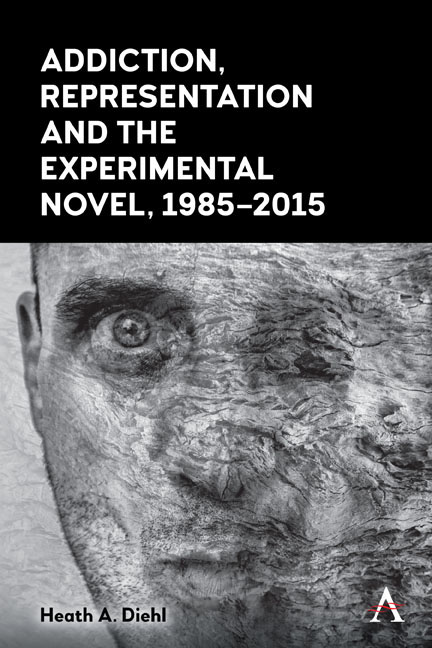5 - Disorienting: The Orange Eats Creeps (2010)
Published online by Cambridge University Press: 25 January 2021
Summary
In her introduction to Compassion: The Culture and Politics of an Emotion (2004), titled “Compassion (and Withholding),” Lauren Berlant acknowledges the deep and uncomfortable links among suffering, compassion and aversion, explaining:
Scenes of vulnerability produce a desire to withhold compassionate attachment, to be irritated by the scene of suffering in some way. Repeatedly, we witness someone's desire to not connect, sympathize, or recognize an obligation to the sufferer; to refuse engagement with the scene or to minimize its effects; to misread it conveniently; to snuff or drown it out with pedantically shaped phrases or carefully designed apartheids; not to rescue or help; to go on blithely without conscience; to feel bad for the sufferers, but only so that they will go away quickly. In this book's archive, the aesthetic and political spectacle of suffering vulnerability seems to bring out something terrible, a drive not to feel compassion or sympathy, an aversion to a moral claim on the spectator to engage, when all the spectator wants to do is to turn away quickly and harshly.
Berlant's words call to mind the many overt and subtle acts of aversion targeted at addicts on a daily basis as a consequence of their perceived suffering and vulnerability. That addiction continues to be regarded as a foul invective within the vernacular, as well as the popular imaginary, despite volumes of scientific research confirming that it is, in fact, a real and documented medical condition speaks to the powerful “desire to not connect, sympathize, or recognize an obligation to the sufferer.” Indeed, the systemic manufacturing of “mythological stereotypes that feature in public stigmatization of addiction” points decidedly to a deeply entrenched desire to “withhold compassionate attachment, to be irritated by the scene of suffering in some way.”
Further, the ubiquitous nature of the metaphor of waste, which regards the addict as disposable in myriad ways, provides a potent illustration of the ways in which Western culture systematically minimizes the intrapersonal, interpersonal and social effects of addiction. This same metaphor, which I write about at length in Wasted: Performing Addiction in America (2015), operates as both a “pedantically shaped” discourse designed to condescend to and shame addicts, as well as a “carefully designed [apartheid]” that discursively and tangibly segregates the addict from normal (read sober, moral) culture.
- Type
- Chapter
- Information
- Addiction, Representation and the Experimental Novel, 1985–2015 , pp. 115 - 136Publisher: Anthem PressPrint publication year: 2020



